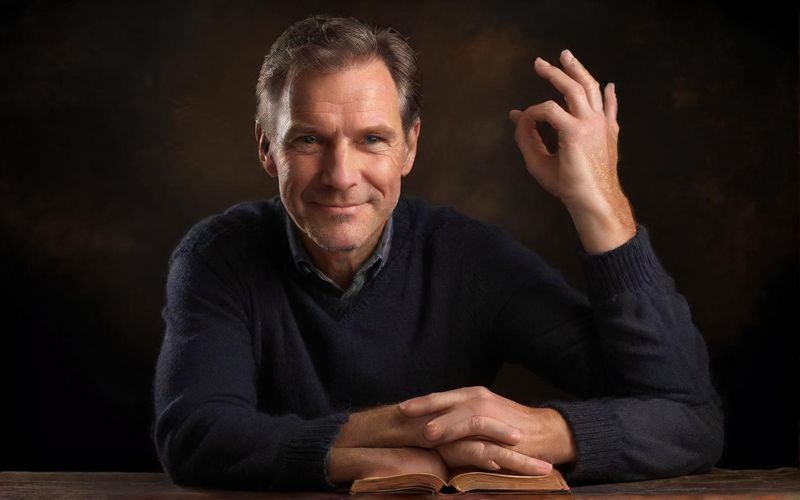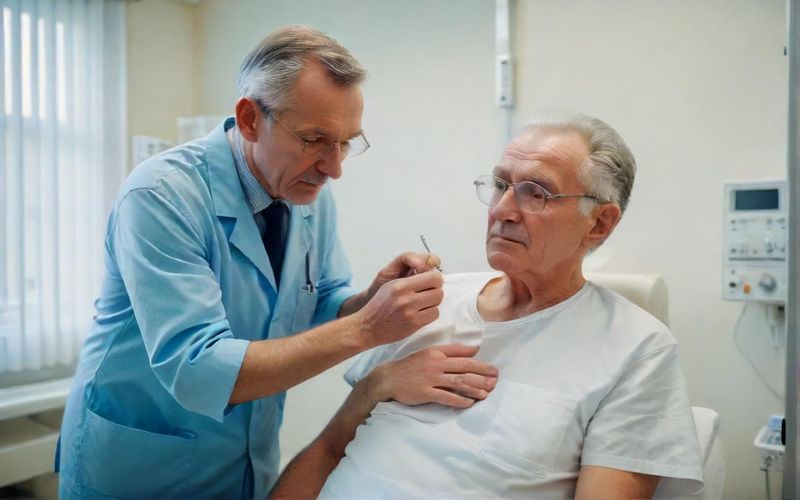New COVID Strain Mimics Cold Symptoms: What to Know

For so long, we've associated Covid with very specific, often severe, symptoms like a high fever, persistent cough, or that distinctive loss of taste and smell. But as reported by The Independent, the landscape has shifted. Many people now experience what feels much more like a common cold, with symptoms such as a runny nose, sore throat, or blocked sinuses. It’s a strange feeling, isn't it? You feel unwell, but the usual tell-tale signs aren't there.
The flu, as we know, also tends to hit harder and faster than a cold, bringing with it aches and a profound sense of exhaustion. However, as The Independent also points out, Covid continues to evolve, with new variants like Stratus spreading easily. While experts aren't overly concerned about the current mutations, the shared symptoms mean awareness is key.
What’s particularly interesting, as discussed by sources like The Independent and The Telegraph, is how Covid has become less dangerous over time, largely due to increasing population immunity. For many, it now presents with symptoms similar in severity to a cold, or perhaps a milder case of the flu. However, this also means, as Professor Paul Hunter notes, that a significant number of infections might be entirely asymptomatic. This makes it even harder to track and manage the spread, especially as the virus can still pose a serious threat to vulnerable individuals.
The NHS guidance, as detailed in The Mirror, offers some clarity. While it lists a range of possible symptoms – from fatigue and chills to headaches and even stomach issues – the key takeaway is to stay home and avoid contact with others if you feel unwell, especially if you suspect it could be Covid. The recommended isolation periods vary based on age after a positive test, but the overarching advice is to protect those who are most at risk.
Given this ongoing evolution of the virus and the overlapping symptoms, what do you think are the most effective public health strategies moving forward to ensure we protect ourselves and our communities without causing unnecessary alarm?









